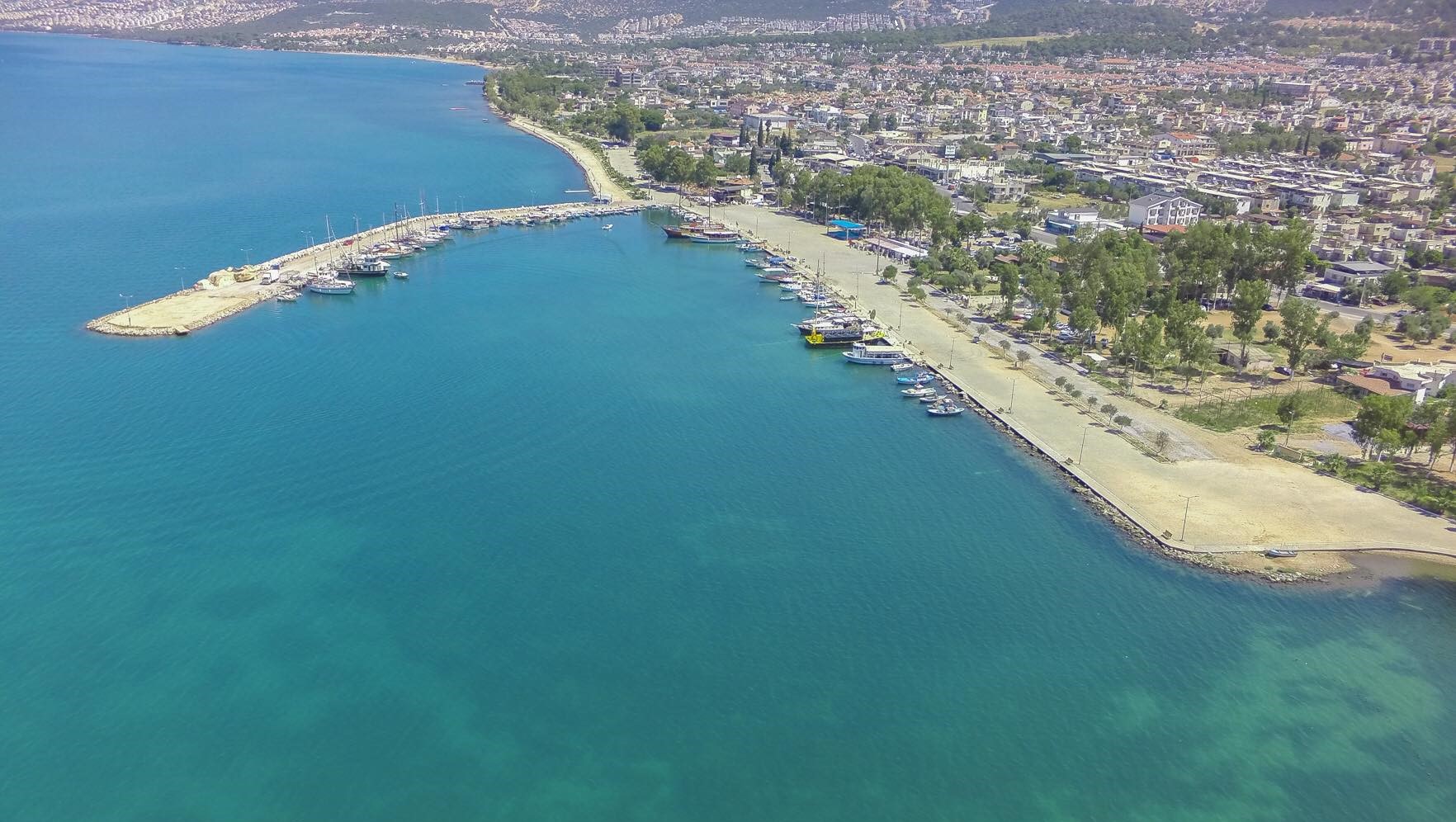 Locals are well aware that as soon as tourist season is over on the Turkish coast, construction begins and new-builds start popping up on every available vacant plot. Only a few days ago, I was looking at an image of my local area from twenty-five years ago, and what a difference!
Locals are well aware that as soon as tourist season is over on the Turkish coast, construction begins and new-builds start popping up on every available vacant plot. Only a few days ago, I was looking at an image of my local area from twenty-five years ago, and what a difference!
Although it was an established and thriving community at that time, the population was a great deal smaller and the hillsides were still green. Nowadays there are huge complexes as far as the eye can see. Of course, the building of new villas and apartments brings increased tourism and prosperity to the town, but at what cost?
As green areas are diminished and construction encroaches on woodland, it’s inevitable that wildlife, such as boar, will start venturing into urban areas with more frequency in order to scavenge for food.
The disruption of land by diggers can also bring with it unwanted vermin, such as rats or, as in the case of our neighbours a few weeks ago, scorpions. It was alarming to hear how their house was overrun with an estimated two hundred of the stingers and one lady became hospitalised as a result.
Thankfully, the problem has now been resolved and the resident is fine, although slightly traumatised by her ordeal. Snakes can also move inland due to the disturbance of their habitat, a black whip snake actually climbed our garden wall a while ago, although this was a rare occurrence.
There are practical steps which can be taken to deter insects from invading our homes, lemon and peppermint oil dotted liberally around drains is quite effective, as well as the usual sprays and plug-ins, although do be careful to read the labels if you have pets, as some of these can be harmful to animals.
If you have heavy construction nearby, I suggest covering the external units of air-conditioning systems that are not currently being used with heavy-duty plastic or PVC. This will prevent dust and dirt from getting into the filter system, which can result in blockage.
Naturally, new homes can also have a negative impact upon residents, with house prices soaring and increased demand for prime location property meaning that upgrading our homes becomes unaffordable and the cost of renovation materials going up at an alarming rate.
If you ask a builder for a quote for new kitchen cupboards this week, for example, he will inevitably advise you to make a quick decision as the price may escalate within the following seven days, such as the demand and inflation rate. But what are the positives of our expanding villages and towns?
The rising demand for property means that if you are currently considering selling your home, prices are extremely competitive, with both city dwellers and expats searching for their perfect holiday bolthole.
With added tourism in seaside resorts comes the increase of investment by retailers and restaurant owners, with well-known stores seeking to open franchises in more suburban areas, which benefits both locals and holidaymakers.
Many of my friends remember the days when we had only two supermarkets to choose from in our village, but demand has now increased to give us plenty of options and a wider range of products.
It has also meant that the local farmer’s market has expanded and prospered, which can only be a beneficial factor. Evidence of growth can also be seen in the appearance of architectural offices and estate agents popping up all over the area, each eager to advise on design or to sell you your dream home.
All in all, construction is needed to sustain the growing community, bring employment and help local businesses thrive, but naturally it will impact the environment. Maybe town planning advisors and building permit departments need to ask themselves, ‘How much is too much?’
